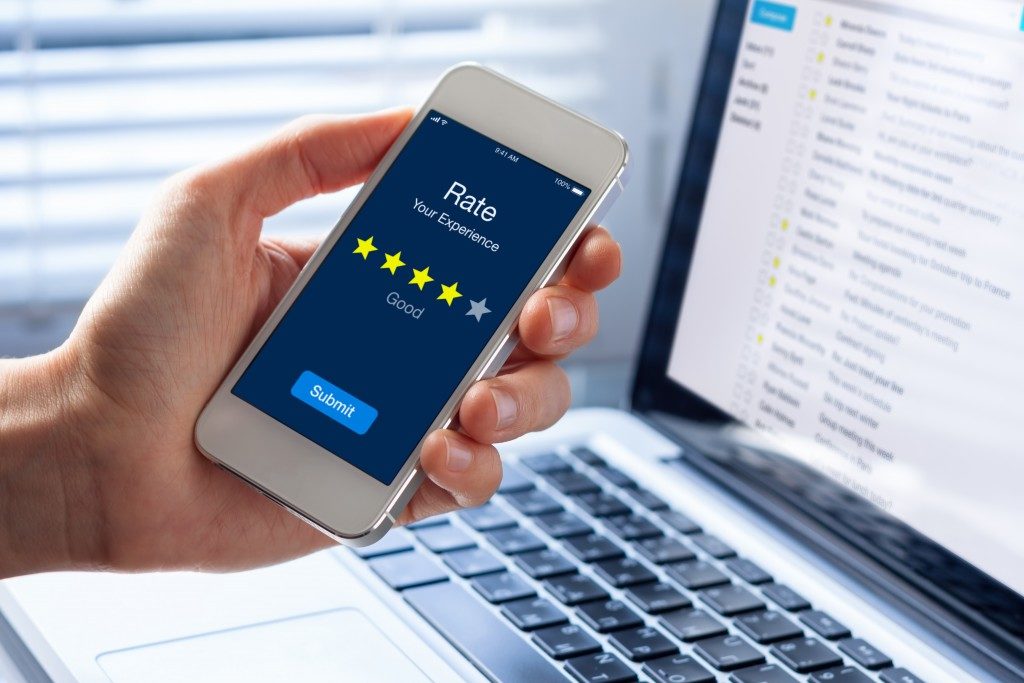Perhaps one of the most overused, not to mention misused, words on the internet right now is the word “millennial”. Despite the term being around for the past few years, an official definition didn’t come out until a couple of years ago, and until now, it’s still a highly contested term.
But what’s so special about the millennial generation? Well, with Gen-X ready to retire and Baby boomers already enjoying their retirement, millennials are set to take over as the main consumer base that will drive the world economy, much to the chagrin of the previous generations, who can’t seem to figure out just how to reach these kids.
So if the old ways don’t work, what will?
Millennials Want Purposeful Brands
Let’s face it; the previous generations didn’t really leave Millennials a great world to live in: flailing job markets, near-impossible costs of living, astronomic college debts, not to mention conflicts in the Middle East. Are we still even wondering why Millennials are strapped for cash?
 Growing up in these conditions, coupled with technology that has raised awareness about the human condition in other parts of the world, created a very socially-conscious group of kids. Because of this, many Millennials entering the workforce for the first time are focused on finding companies and brands that are both socially aware (or “woke” as the kids say) and customer-oriented.
Growing up in these conditions, coupled with technology that has raised awareness about the human condition in other parts of the world, created a very socially-conscious group of kids. Because of this, many Millennials entering the workforce for the first time are focused on finding companies and brands that are both socially aware (or “woke” as the kids say) and customer-oriented.
So while Millennials are struggling with their budget, they’re also willing to shelve out extra dough for companies that are visibly sustainable, or socially-responsible. In fact, a Nielsen report states that a staggering 81% of Millennials preferred companies and brands that claim corporate citizenship publicly (and actually follow through).
At this point in time, only-for-profit businesses are no longer viable: Millennials want a better world for them and future generations, and they’re holding corporations responsible. So for brands to survive a Millennial generation, they need to actively show that their company is investing in public welfare and the improvement of society. This can be in the form of being active in solving societal issues like poverty and hunger, prioritizing sustainable programs that reduce carbon footprints, complete financial and operational transparency as proof of corporate citizenship, and a service model that focuses on placing the customer first.
For all the “killing” these Millennials are doing, they’re an empathetic generation that values companies who share their values and allows them to care for their fellow humans around the world.
Sharing is Caring
 This deep-rooted empathy means that Millennials value communal sharing. The advent of social media only reinforced this value by allowing people to literally share their virtual life with everyone they’re connected with.
This deep-rooted empathy means that Millennials value communal sharing. The advent of social media only reinforced this value by allowing people to literally share their virtual life with everyone they’re connected with.
Some pundits claim that this attitude is ego-driven, that millennials only want to “share” something because it fuels their own narcissistic tendencies. A grim outlook, to be sure, but not without its merits; on the surface, it does seem like millennials only preach about their social awareness for the likes. However, the truth of the matter is most millennials are actively involved in social responsibilities, and while the social media culture of wanting thousands of likes and becoming influencers can be toxic, it does have positive effects.
Regardless of the motivation, this culture of sharing is prevalent with millennials. Companies who want to leverage this, however, need to understand that it’s not just about selling things in bulk for people to share. Remember, millennials are broke, they probably can’t afford bulk purchases.
See, millennials operate on what Goldman Sachs calls a “sharing economy”; that is, a set of services that provide people with the benefits of ownership, but without the responsibilities. You can see this reflected in AirBnB, Uber, TripAdvisor, and all these apps that allow millennials to seek out products and services without actually owning them.
And there’s a practical reason for this: millennials don’t trust companies. Yes, technically AirBnB, Uber, and TripAdvisor ARE companies, but on the surface it’s operated by individual and independent operators. This makes it attractive to millennials because of the idea of interacting and helping a fellow human being.
Sharing IS caring, after all, and millennials LOVE to care.
Honesty is the Best Policy
 One of the key goals of any brand is to win consumer trust, but how do you do that with a generation of people with access to the largest information database ever created and a culture of peer reviews that are valued more than any corporate sponsorship?
One of the key goals of any brand is to win consumer trust, but how do you do that with a generation of people with access to the largest information database ever created and a culture of peer reviews that are valued more than any corporate sponsorship?
The answer? Complete transparency.
Whereas previous generations trusted the word of companies, millennials trust each other. More specifically, they trust customer reviews of specific brands and services and will base their decision based on the feedback of other people.
“Ignorance is bliss” doesn’t work anymore: millennials NEED to know how good your products or services are and if they’ve been sourced or produced in a responsible and ethical manner. Anything short of complete transparency and you’ll find your stock dipping faster than you can say “corporate responsibility”.
But there’s a great way to provide transparency while gaining their trust. Social media allows brands to give customers a peek at their operations. With most platforms now hosting a live video streaming service (complete with real-time chat), companies can directly interact with customers, show them how the brand works, and build trust.
They’re Not Industry Killers
 This animosity towards the millennial generation stems from the fact that millennials have a very different view of what to consume and what they value. In fact, the internet is inundated with “The Millennial Generation is killing the X industry” articles that place the failure of certain industries squarely on the shoulders of people who are just barely reaching the peak of adulthood.
This animosity towards the millennial generation stems from the fact that millennials have a very different view of what to consume and what they value. In fact, the internet is inundated with “The Millennial Generation is killing the X industry” articles that place the failure of certain industries squarely on the shoulders of people who are just barely reaching the peak of adulthood.
Is all that vitriol well-founded? I, for one, don’t think so. On one hand, it’s not millennials that are killing industries; it’s industries failing to adjust to a brand new world and a generation of people who aren’t bound by the old marketing rules. On the other hand, millennials grew up, or at least entered the workforce, during the Great Recession of ’08, making them cautious about spending and creating a practical attitude that favored a more experiential buying mindset.
Another key factor to consider: Baby boomers and Gen-Xers were pretty much used to the same kinds of technology. Millennials, however, grew up with technology that was completely different from previous generations; millennial technology focused on interconnectivity, dynamic content, interactivity, and other things that Gen –X and Baby boomers could not have dreamed of.
Add that all together and you get a generation of people that is practical, craving connectivity and interaction, and can be satisfied only by experience. With Baby boomer and Gen-X marketers still focused on selling brands per se, it’s small wonder why they’re confused by these darn kids.



